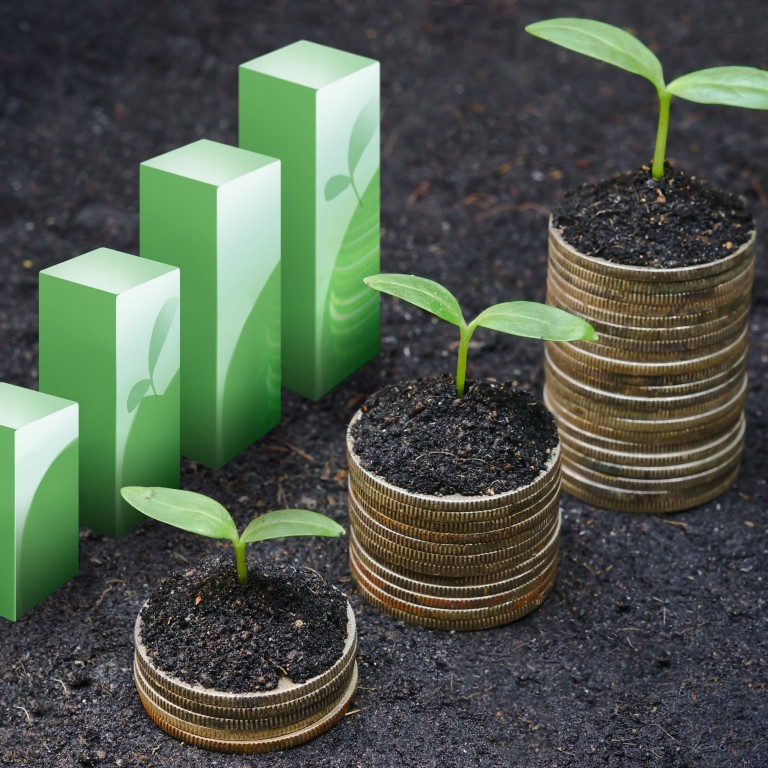
How an ESG lens can help Asian philanthropists drive change
- Philanthropists today, who want to actively participate in project identification to ensure a truly sustainable impact, need a model for holistic thinking and analysis. The ESG framework is ideal
Over the past few decades, the growing body of philanthropists in Asia has primarily been drawn to education, medical support or poverty relief. But changes in decision-makers for families as well as pressing causes has created a shift in focus to sustainability and protecting the environment for the next generation.
The area of ESG offers a solution. The framework, so prevalent in the strategic thinking of companies these days, if applied properly, will ensure the effectiveness of philanthropic efforts.
A good example of this is a philanthropic foundation that funds research at a local university on how rising seawater temperatures are affecting marine cnidarians such as coral, sea anemone and jellyfish in Hong Kong. This work will help conservationists develop strategies to protect the biosphere over the coming decades.
Considering the social aspect of ESG, a key dilemma that philanthropists face is how to balance meeting immediate needs with those of future generations. But this doesn’t always need to be a binary choice.
A foundation that we have supported is funding a student in Sri Lanka who is looking at how solar energy can help develop rural communities. He identified a local hospital that suffers from frequent power shortages and partnered with NGOs and foundations to build a self-sustaining solar panel system. This reduced the hospital’s dependency on fossil fuel for power generation and resolved the power shortages.
Involving NGOs as partners in the process and recognising the insight they have from the front line ensures that philanthropy is far from spending empty dollars.
Governance, as the third leg of the ESG stool, is perhaps the hardest to understand within the philanthropic equation, despite an increased recognition of its importance.
The emotional drive to do good can outweigh the need to take a step back and consider implications, such as running organisations in a transparent and accountable way.
In philanthropy, we are seeing the scope extending to ideas that are gaining significance in other fields, such as responsible investing, emergency preparedness, employee welfare, and even diversity and inclusion.
‘Space philanthropy’ of Bezos, Musk isn’t how we help the world
Proper governance of philanthropic activities is fundamental to creating a balance between the financial and social goals of the project, from efficient use of capital and responsible allocation of resources to risk management and checking the validity of the causes being supported.
A visionary client, who saw the long-term value of prudent governance, set up scholarships for NGO leaders to pursue education at leading institutions abroad and bring the knowledge back to Hong Kong.
This initiative empowered NGO leaders to run their projects and organisations professionally, but also with a charitable perspective. The implications and impact of this heightened skill set to the work being done in the city are demonstrable.
Modern philanthropists are no longer passively writing cheques for charitable causes. They are eager to join hands with their investors and participate in project identification to ensure their philanthropic funds create a truly sustainable impact on society.
This is admirable and rightly celebrated, but to ensure success, adopting a model that will allow holistic thinking, analysing the issues, whether environmental, social or governance-driven, is paramount.
I am convinced this is a positive step towards helping to solve the myriad pressing social and environmental problems in our time, many of which are particularly significant or damaging for Asia.
Brent York is global head of trust and fiduciary services at HSBC Private Banking



